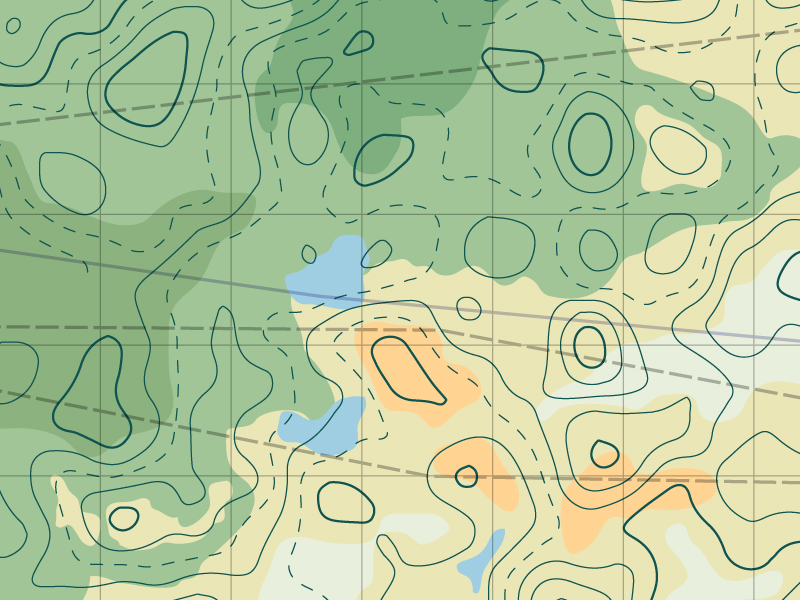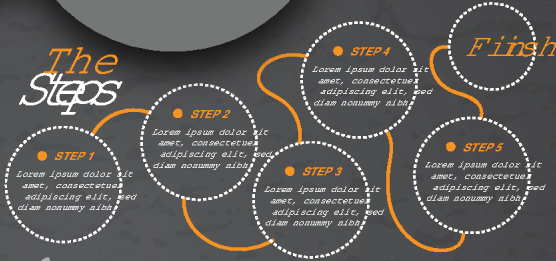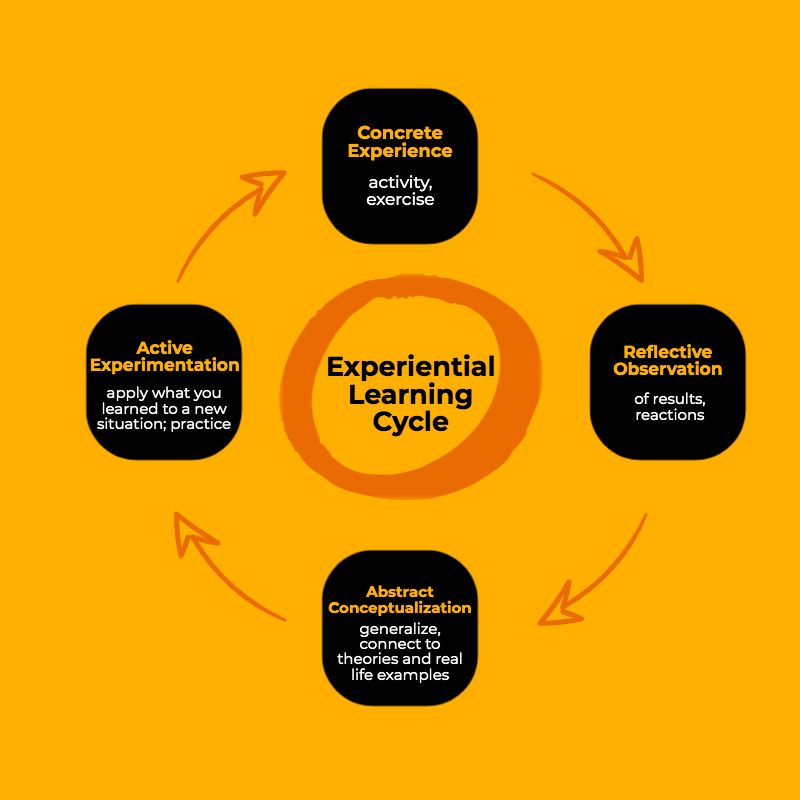Science For Good Life
Using scientific research findings from positive Psychology about human well-being to live well.
Want to figure out what you want in life?



Choose a way of living which…
…fits you &
- your strengths
- your values
- your interests
- your psychological needs
…brnigs you more joy in everyday life
… gives you direction and meaning
… has a positive impact on your health

What you can do:


your steps:

You & The Landscape
Understand your priorities and general key elements for psychological well-being.

Assessment
See where you stand and decide which elements to use as resources and which ones to work on.

Instructions
Work step by step on practical activities with detailed worksheets to improve the key elements you want to modify in order to flourish.

How does it work?


Scientific Approach

Scientific Theories
…and models of the world help us to gain knowledge and understanding of it and of human behaviour and experience.
Future Predictions
Theories enable us not only to explain the reasons why things are the way they are but also to make predictions of the future based on statistical data.
Evidence-based data
The theories and models are supported by evidence-based data collected in reliably designed scientific studies.
Methods and Exercises
… build the bridges between the theories about human behaviour and experience to their practical applications. They are not only derived from the theoretical backgrounds but also consider the conditions needed for the desired effects to appear.
Causal explanations
Science aims to explain and understand how the world works and why things happen, the main goal being to build knowledge and understanding.
Evaluation of methods and outcomes
For many methods and exercises there are scientifically conducted evaluations of their effects measuring to what degree they produce the desired outcomes.
Experiential Learning
The more learning stages we go through, the more lasting the learning outcomes.
The program utilises all 4 stages of Kolb’s experiential learning cycle:
1. Concrete Experience – act, do, experience. Encounter a new experience or situation, or reinterpret an existing experience.
2. Reflective Observation of the New Experience – look back and assess. Of particular importance are any inconsistencies between experience and understanding.
3. Abstract Conceptualization – make sense of the experience, draw conclusions. Form new hypotheses or generalisations; modify an existing abstract concept (i.e. “learn from your experience”).
4. Active Experimentation – test your conclusions, make a conscious plan of action. Apply your ideas and learnings to the world around you to see what happens.

